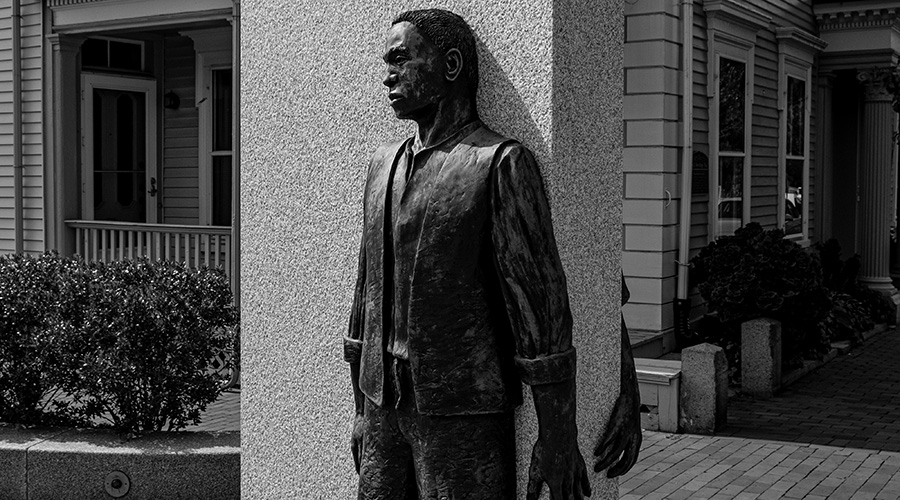Perceptions of Racial Gaps, their Causes, and Ways to Reduce Them
- Authors: Alberto Alesina, Matteo Ferroni, Stefanie Stantcheva
Publication: NBER Working Paper 29245 [Revise and Resubmit at the Journal of Political Economy], 2021
Abstract:
This paper studies how beliefs about racial inequalities and their causes vary and shape support for race-targeted and redistribution policies among Black and white Americans, including both adults and teenagers. We collect original large-scale survey data to provide new evidence on perceptions, attitudes, and policy views on racial issues and study the causal impact of information on policy views. We highlight significant heterogeneity along racial and partisan lines in perceived racial gaps in income and mobility. Yet, the biggest discrepancies are in how people explain the existence of these gaps, i.e., their perceived causes. White Democratic and Black respondents are much more likely to attribute racial inequities to systemic factors, such as adverse past and present circumstances, and want to act on them with race-targeted and general redistribution policies. White Republicans are more likely to attribute racial gaps to individual-based factors, such as individual effort or actions. These views are already deeply entrenched in teenagers, based on their race and their parents’ political affiliation. A policy decomposition shows that the perceived causes of racial inequities are the strongest predictors of support for race-targeted or redistribution policies, a finding confirmed by the experimental results.

- Paper
- Online Appendix
- Resources and Data
- Video Treatments
- Slides
- Questionnaires
- Summary Twitter Thread